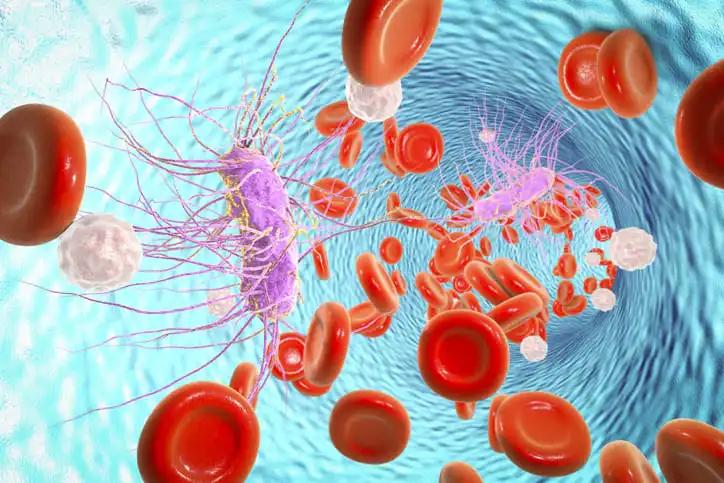KEY TAKEAWAYS
- This study evaluated the association between neighborhood disadvantage and cognitive function before therapy in women with BC.
- Neighborhood factors could be a significant but relatively unexplored contributor to decreased pre-therapy cognitive function in postmenopausal women with BC.
Neurocognitive decline is a common issue among women with breast cancer (BC), influenced in part by disease and treatment factors. Before starting therapy, approximately 30% of BC patients exhibited lower neurocognitive function compared to matched controls.
Understanding the underlying mechanisms is crucial because poorer cognitive function before therapy has been associated with worse survival outcomes. While living in a disadvantaged neighborhood has been linked to various health outcomes, no previous studies have explored its impact on cognitive function in BC. This study investigated the connection between neighborhood disadvantage and cognitive function before therapy in women with BC.
In this secondary analysis of the Exercise Program in Cancer and Cognition study, a subgroup of 100 women diagnosed with early-stage, hormone-receptor positive BC was assessed before starting adjuvant therapy. Researchers measured their objective cognitive function using neuropsychological tests, including computerized and paper-and-pencil assessments. Their perceived cognitive function was also evaluated using the Patient Assessment of Own Functioning (PAOFI), a 33-item self-report questionnaire where higher scores indicate more perceived cognitive difficulties.
To assess neighborhood disadvantage, the Area Deprivation Index (ADI) was utilized with higher percentiles indicating greater disadvantage. The data analysis included correlation and linear regression techniques, with adjustments for potential confounders such as age, years of education, and depressive symptoms measured by the Beck Depression Inventory II.
On average, the participants were 62.7 years old, had 15.9 years of education, and were predominantly of white ethnicity (92.5%). The findings revealed a direct correlation between residing in neighborhoods with higher levels of deprivation and poorer cognitive function in specific domains, including verbal memory (r=-.215; p=.032), working memory (r=-.204; p=.043), mental flexibility (r=-.198; p=.049), processing speed (r=-.222; p=.026), and self-reported overall cognitive function (r=.203; p=.043). In regression models, the relationship between ADI and verbal memory was influenced by education (Beta=-1.87; p=.067), while the associations between ADI and both mental flexibility (Beta=-1.37; p=.175) and PAOFI scores (Beta=.052; p=.532) were affected by depressive symptoms.
This study suggested that neighborhood-level factors may play a significant but understudied role in contributing to poorer cognitive function before therapy in postmenopausal women with BC.
Source: https://ons.confex.com/ons/2023/meetingapp.cgi/Paper/13568
Clinical Trial: https://classic.clinicaltrials.gov/ct2/show/NCT02793921
Gentry, A., Sereika, S., Erickson, K., McCall, M., Belcher, S., Bender, C. Neighborhood disadvantage is associated with poorer objective and self-reported pre-therapy neurocognitive function in postmenopausal women with early-stage breast cancer.



